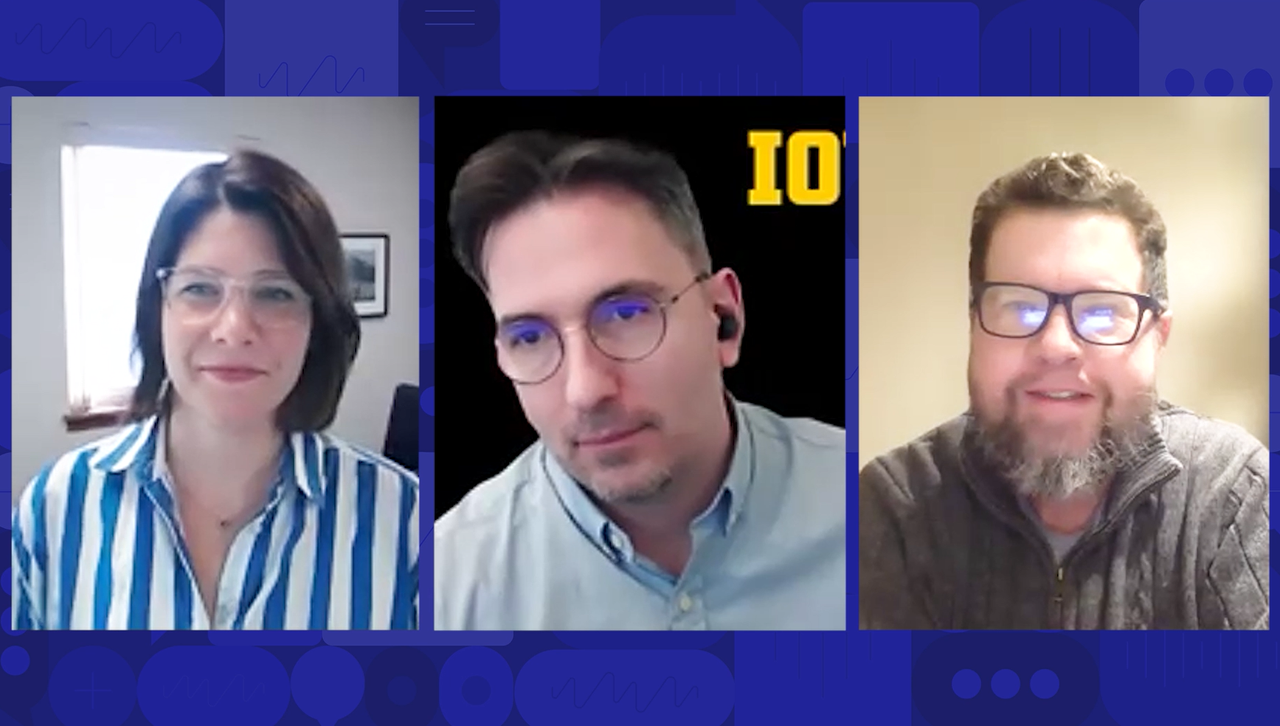Tuesday, August 11, 2009
Remixing Education
Anya Kamenetz has a great new article in Fast Company, "Who Needs Harvard?", where she argues many of the same points in my recent post on Free Education: "Free online courses, Wiki universities, Facebook-style tutoring networks--American higher education is being transformed by a cadre of Web-savvy edupunks." There are hundreds if not thousands of digital education models in the ether, and she highlights some of the best: 2tor Inc., eduFire, Grockit, Inigral, and Knewton. I particularly love recent Yale graduate Richard Ludlow's newest creation, Academic Earth. Inspired by MIT's Open Courseware and Hulu's innovate web-based TV design, this site brings together video lectures and other academic content, creating a free, online "educational ecosystem." Other open courseware models, such as Peer2Peer and Western Governors University, allow students to share information online and even receive a fully-accredited degree from their laptop. Kamenetz concludes, "we've gone from scarcity of knowledge to unimaginable abundance." And in Chris Anderson's Free model, once something (ie. information, content) becomes abundant, it become "too cheap to meter."
However, Kamenetz omits one glaring hole in these new models, relationships, which will always be scarce (because they're based on the scarcity of time). Before going on about the vitality of relationships in education, let me digress for a bit. Stanford Law Professor Lawrence Lessig's latest book, Remix, is brilliant. His main argument is that our copyright laws are antiquated - why is it okay to quote Hemingway in your English paper, but illegal to repurpose Sam Wood's Hollywood version of "For Whom The Bell Tolls"? Yoko Ono certainly makes a valid claim that "permission was vital, legally" for a British artist to use John Lennon's music as she recreated his art by showing how others consume it, but why?
The central thesis in Lessig's Remix, and my argument in Remixing Education, is that as we consume one form of culture - be it literature, music, video, or other - we are recreating something else entirely. Our brains are wired to do that (see a future blog on the neuroscience of learning). Our experience, our interpretation of culture - and I include education explicitly here - is different for each of us. How we consume it - how we talk about it, express it, and repurpose it - is vital to our unique understanding of it. What is education but the recreation and dissemination of previous information for a democratic purpose? Lessig continues, "It is how lawyers argue. It is how we all talk all the time. We don't notice it as such, because this text-based remix, whether in writing or conversation, is as common as dust." The hundreds of open-source, open-content sites out there (see Flatworld Knowledge, AcaWiki, Community College Open Textbook Project) are the future of education. And this new remixing of education - hacking, editing, recreating - is the best way to share and spread knowledge in a fully digitized, democratized society.
Back to my original argument with Kamenetz's article, it's missing the relationships - the part of the puzzle that educators, especially those rooted in progressive, cognitive research - know is at the heart of good education systems. Tutorpedia believes in the power of free, open-source, online content, and we will soon publish our own "Curriculum Commons" where tutors, teachers, and professors can publish their content free on our site, increasing their own audience and reputation. But relationships matter, and the best learning will only happen when these authors (or others) have the opportunity to teach that material themselves, either 1-on-1 or through small workshops.
I'll wait for another blog entry to expand on the advantages of relationships that are built through personal mentoring, coaching, and tutoring. Suffice it to say, as this new wave of technology improves education, it is vital to remember the value of these relationships. Our new Tao of Tutorpedia (coming soon!) will promote the value of the internet, but also the value of personal relationships, to increase knowledge, understanding, and support. Human interaction can never be replaced, but only enhanced, by the power of the Internet.
Subscribe to:
Post Comments (Atom)







No comments:
Post a Comment